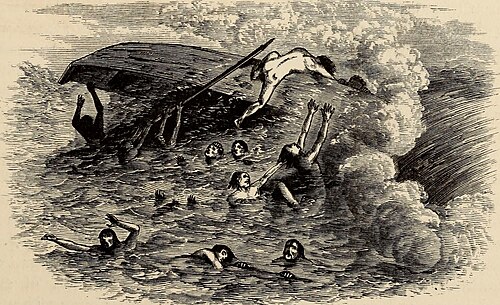Year 1528 (MDXXVIII)
The year 1528 was a leap year beginning on a Wednesday in the Julian calendar, and it also marked a leap year starting on a Sunday in the Gregorian calendar.
Events
January–March
- January 12 – Gustav I of Sweden is crowned king of Sweden, having already reigned since his election in June 1523.
- January 26 – The Canton of Bern becomes the second in Switzerland to officially adopt Protestantism after a 21-day debate, known as the Bern Disputation.
- February 16 – King Stanisław II Augustus of Poland establishes the zloty as the official currency as part of an extensive monetary reform.
- February 29 – John Zápolya, ruler of Eastern Hungary, forms an alliance with Sultan Suleiman the Magnificent of the Ottoman Empire, receiving protection in exchange for Turkish occupation of his kingdom.
- February – A peasant uprising occurs in Dalarna, Sweden, but the rebel campaign ultimately fails and the leader, known later as Daljunkern, escapes to Rostock.
- March 20 – The Battle of Szina is fought in Hungary, leading to the defeat of John Zápolya by mercenaries hired by the Habsburgs.
- March 22 – The French Army lays siege to the city of Melfi in southern Italy, resulting in a massacre of over 3,000 civilians.
April–June
- April 28 – In the Battle of Capo d’Orso, a French fleet defeats a Spanish squadron attempting to evade a blockade of Naples.
- May 9 – King James V of Scotland escapes from captivity in Edinburgh to Stirling.
- June 5 – The fourth major outbreak of the sweating sickness is noted in London.
- June 17 – The Italian city of Rimini is conquered and annexed by troops of the Papal States.
July–September
- July 3 – Pope Clement VII issues the bull Religionis zelus, recognizing the Capuchin monks as a reformist branch of the Franciscans.
- July 8 – Explorer Sebastian Cabot faces a mutiny in Argentina but sends his flagship back to Spain for military aid.
- August 4 – The Peace of St. Ambrose is signed in Milan, resolving civil conflicts between the local nobility and merchants.
- August 26 – Askia Muhammad I is dethroned by his son, Askia Musa, in the Songhai Empire.
- September 3 – The Kyōroku era begins in Japan.
October–December
- October 3 – Álvaro de Saavedra Cerón arrives in the Maluku Islands.
- October 13 – Cardinal Thomas Wolsey establishes a college in Ipswich, England, which will become the modern-day Ipswich School.
- November 6 – Spanish conquistador Álvar Núñez Cabeza de Vaca becomes one of the first Europeans to reach present-day Texas.
- December 9 – A new three-member executive junta is appointed by the King of Spain to govern New Spain and the West Indies.
Date Unknown
- Montenegro gains autonomy under Ottoman rule.
- Francisco de Montejo attempts to invade the Yucatán, facing resistance from the Maya.
- Bubonic plague outbreak occurs in England.
- St George’s Chapel in Windsor Castle is completed.
- Michelangelo Buonarroti begins work on the fortifications of Florence.
Births
- February 29 – Domingo Báñez, Spanish theologian.
- March 10 – Akechi Mitsuhide, Japanese samurai and warlord.
- June 21 – Maria of Austria, Holy Roman Empress.
- October 10 – Adam Lonicer, German botanist.
- November 12 – Qi Jiguang, Chinese military general.
Deaths
- January 30 – Maharana Sangram Singh, Rana of Mewar.
- April 6 – Albrecht Dürer, German artist and mathematician.
- August 15 – Odet de Foix, French military leader.
- December 7 – Margaret of Saxony, Duchess of Brunswick-Lüneburg.
Date Unknown
- Giovanni da Verrazzano, Italian explorer.
- Peter Vischer the Younger, German sculptor.

